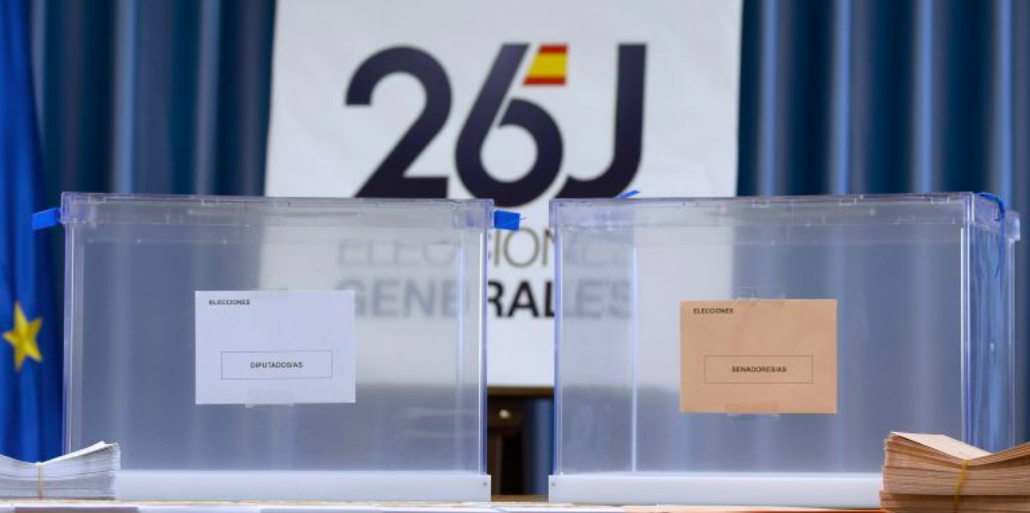The role of the media in promoting political debate on Twitter
The role of the media in promoting political debate on Twitter

General elections in Spain in June 2016 | EFE
Social networks have become a powerful and influential tool when communicating and spreading messages. Politicians, the media, journalists and citizens increasingly use Twitter to share content, inform or interrelate with users and accounts related to their interests. This is shown by various academic studies that are being carried out on these platforms.
According to the current scenario characterized by digital plenitude, it has become important to examine the behavior of users and their interaction in social networking sites. Frederic Guerrero-Solé, a professor at the Communication Department of the UPF and a member of the POLCOM Research Group, has been researching the use of Twitter in political communication for more than six years. The researcher focuses his analysis on the interactive behavior of users in political discussions and changes in their long-term behavior.
In a recent article entitled: “Interactive behavior in political discussions on Twitter: politicians, media, and citizens' patterns of Interaction in the 2015 and 2016 Electoral Campaigns in Spain”, published in the magazine Social Media + Society, Guerrero-Solé analyzes the interaction patterns of people in two political debates in Spain during the last two general elections.
The results of this study have shown a stable behavior of users in political campaigns in Spain and a strong polarization and segregation of political groups. In the same way, it was found that not only retweet interactions, moreover, mention and response interactions were extremely homophilic, that is, users are only willing to interact and share messages from people, political parties and media that are related to them.
Among the parties, the leftist Podemosshowed a significantly higher proportion of interaction on Twitter with people of other ideologies. Unlike the right-wing political parties, which only related to people in their environment.On the other hand, the study notes that Podemos is better interrelated with the rest of the polical parties, as are: the Catalan pro-independence parties and the three Spanish political formations: the Partido Popular (PP), Ciudadanos (Cs) and the Partido Socialista Obrero Español (PSOE). This causes that it remains in an intermediate role, especially in 2015 year.
Before these first results, Guerrero-Solé emphasizes that the main conclusion of this research focuses on the fundamental role of the media as actors of the discourse and political debate that link the different political parties. As the researcher says, "The study confirms the importance of the media in favor of the political debate and precisely to avoid that political bubbles are compartmentalized". According to this study, newspapers such as El País and La Vanguardia, or media that are not in either of the two political extremes, function as weak links. These media are positioning itself themselves in intermediate spaces between different political options. However, other media such as La Razón are placed in the bubble of conservative parties, "will appear as actors within the network, as if they were another element of the game." In the same way, at the other extreme, there are media such as La Tuerka or Públicothat tend to be retweeted or mentioned by leftist parties. "But what we do see is that, in the middle of the network, in those areas that are not occupied by any of the political parties, the media are there as liaison," affirm Guerrero-Solé.
To know all the details and the results of this investigation, you can go to the following link.
References:
Guerrero-Solé, F. (2018). Interactive Behavior in Political Discussions on Twitter: Politicians, Media, and Citizens’ Patterns of Interaction in the 2015 and 2016 Electoral Campaigns in Spain. Social Media+ Society, 4(4), 2056305118808776.
Sáez, C. (10 de diciembre de 2018). La burbuja política o cómo las redes multiplican la colisión entre quienes piensan distinto. La Vanguardia. Recuperado de: https://www.lavanguardia.com/politica/20181209/453445541336/papel-redes-sociales-radicalizacion-politica-discrepancias-twitter.html
